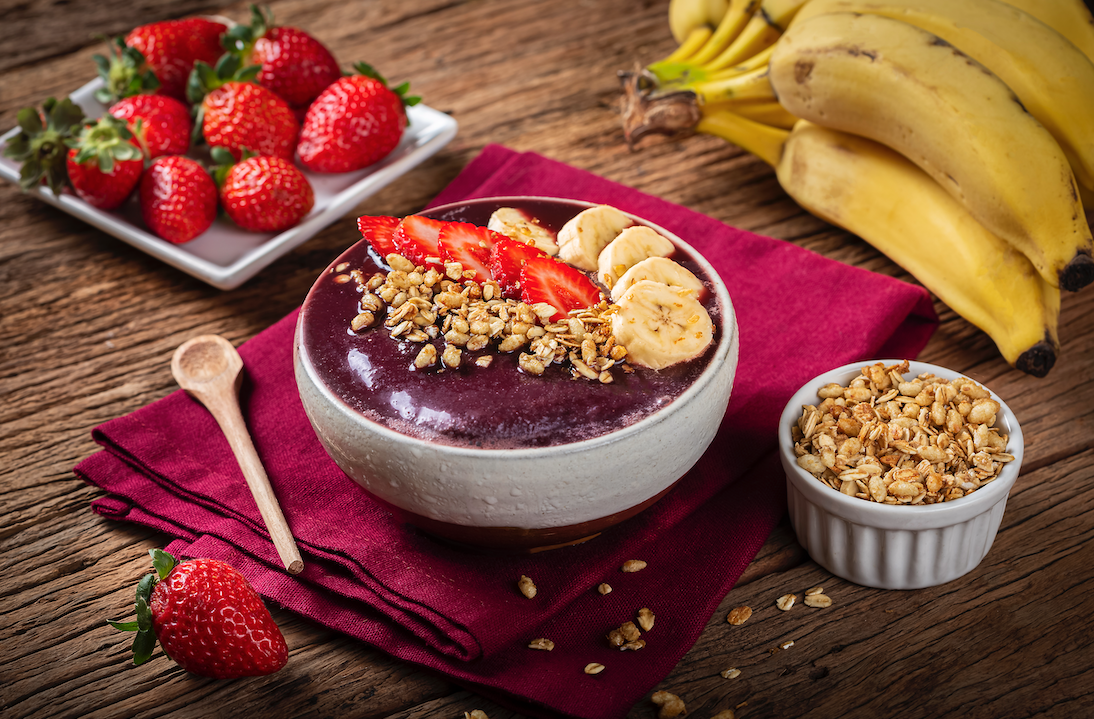
Ginkgo
Although ginkgo leaf has been used in traditional Asian medicine since ancient times, the first extract was obtained only in 1965. Thanks to chemical and pharmacological research, chemical components that show a positive effect on humans have been isolated from the leaves and studied thoroughly.
Usage
Overall cognitive decline
Some studies shows that can help against cognitive decline associated with aging.
Reduce Anxiety
Some studies have found that ginkgo can help with anxiety.
Brain function
It may help boost brain function.
Treats Sexual Dysfunction
May help to treat erectile dysfunction or low libido.

Ancient Herbal Therapy
Ginkgo is immune to the effects of most diseases and parasites, so it is no surprise that this tree is also used to promote longevity in humans. 5000 years ago, Chinese kings were treated with ginkgo, using leaves to treat asthma, bronchitis, and other diseases.
They also thought that seeds were useful, so they also had their place in cooking since 206 BC. Ginkgo seeds are edible and with good preparation, can be an unusual but very pleasant addition to regular meals.
How to add ginkgo to your diet?
Make a Tea
Tea has mild, earthy, slightly bitter taste.
Supplement
It is one of the best-selling supplements with over 16 million US$.
Ginkgo biloba is today the oldest species of tree on Earth, as it has been there since the time of the dinosaurs.
Unchanged for more than 200 million years.
It has no close living relatives.
Native to China, it' is now grown all over the world.
About
Ginkgo biloba, in some regions known as the maidenhair tree, is today the oldest species of tree on Earth, as it has been there since the time of the dinosaurs! The family of Ginkgoaceae contains a single genus, Ginkgo, and a single species, Ginkgo biloba.
The ancient tree is primarily endogenous to China but is now widely present in various parts of the world. Ginkgo has been in therapeutic use for thousands of years and was known in ancient China for its benefit in improving memory and breathing difficulties.
Relevant institutions all over the world listed the ginkgo leaf extract as an approved herb due to established results in scientific research. It is one of the best-selling supplements with over 16 million US$.
Composition
Commercial products are made of dried leaves. Europe treats ginkgo as drugs (not dietary supplements) for multiple uses: the treatment of headache, hearing loss, mood disturbance, short-term memory loss, and peripheral vascular disease.
The usual form of a chemically standardized extract contains 6% terpenes and 24% flavone glycosides. Flavone glycosides are pretty common, found in many plants, but the ginkgo terpenes show various unique attributes. They are in fact a mixture of the diterpene lactone derivatives ginkgolides A, B, C, J, and M, and t sesquiterpene lactone bilobalide. It is believed that the therapeutic effects of ginkgo are a result of the mixture of these constituents, but the biological activities are associated with both the ginkgolides and the flavonoids.
Science
Although ginkgo leaf has been used in traditional Asian medicine since ancient times, the first extract was obtained only in 1965. Thanks to chemical and pharmacological research, chemical components that show a positive effect on humans have been isolated from the leaves and studied thoroughly.
The proposed therapeutic mechanism of ginkgo extract is primarily modulation of different cell signaling receptors and factors. Experimental studies have shown that Ginkgo improves brain function and cognition.
In vitro studies documented pharmacological activity and further human trials evaluated clinical efficacy: ginkgo extract significantly reduces scores for the Alzheimer's Disease Assessment Scale and the Cognitive subscale. Clinical efficacy for dementia has also been shown for the elderly with mild-to-moderate memory difficulties.
One particularly comprehensive review of the scientific literature dealt specifically with ginkgo's use for cardiovascular diseases. Sufficient scientific evidence was found for its antioxidant activity and inhibition of platelet aggregation.
Side Effects
Side effects of using gingko are generally mild and not frequent. Issues that are reported are gastrointestinal upset, headache, dizziness, palpitations, and allergic skin conditions. Some more significant effects have been recorded in patients taking aspirin, non-steroid anti-inflammatory drugs, or anticoagulants. Combining ginkgo with these medications can potentially, due to their synergy, lead to spontaneous hemorrhage.
Although the results of the review studies that dealt with this matter are inconclusive, it is advised to avoid the supplements during the above-mentioned treatments. General recommendation, for otherwise healthy individuals is to take ginkgo in several doses throughout the day and not to exceed the total of 120-240 mg per day.
Fun Facts
The plant has separate sexes, which means that a tree can be female or male... People tend to avoid growing female plants because the ripe fruit has an unpleasant odor.
-
Diamond, B. J., Shiflett, S. C., Feiwel, N., Matheis, R. J., Noskin, O., Richards, J. A., & Schoenberger, N. E. (2000). Ginkgo biloba extract: mechanisms and clinical indications. Archives of physical medicine and rehabilitation, 81(5), 668-678.
Yuan, Q., Wang, C. W., Shi, J., & Lin, Z. X. (2017). Effects of Ginkgo biloba on dementia: An overview of systematic reviews. Journal of ethnopharmacology, 195, 1-9



